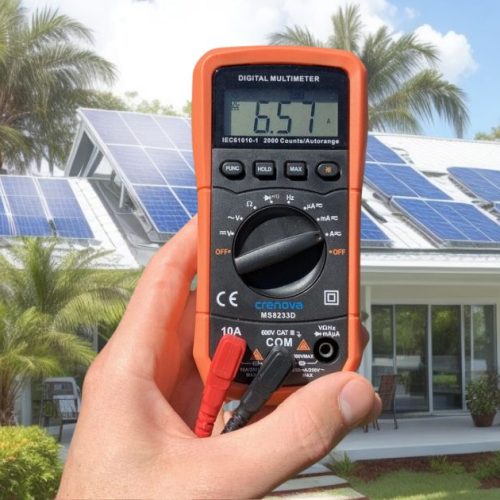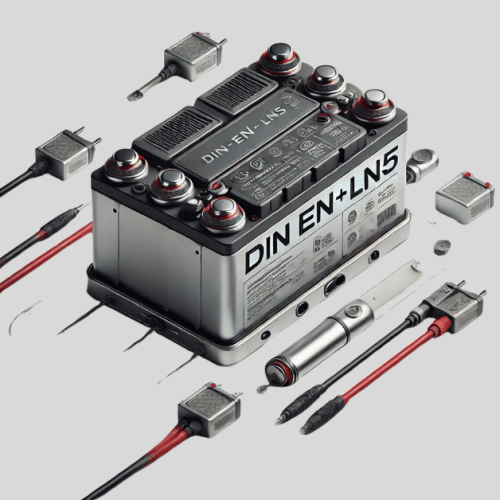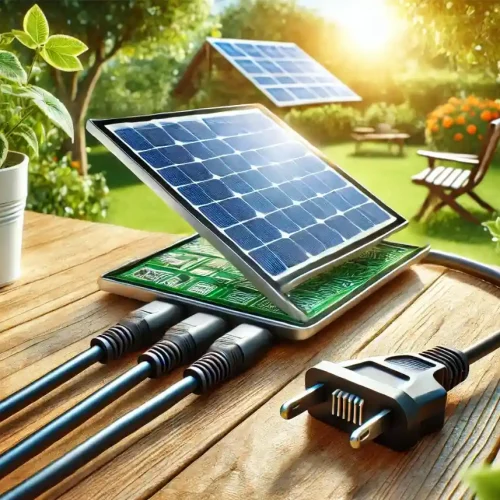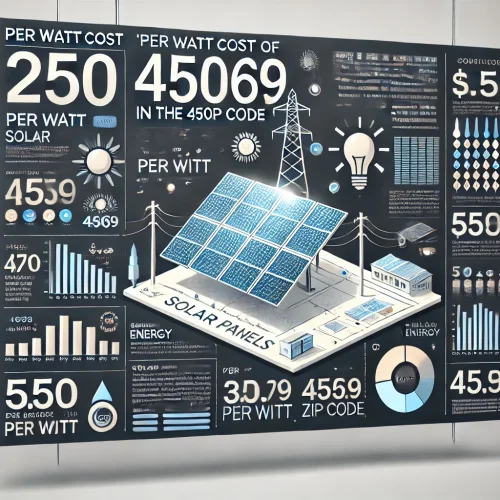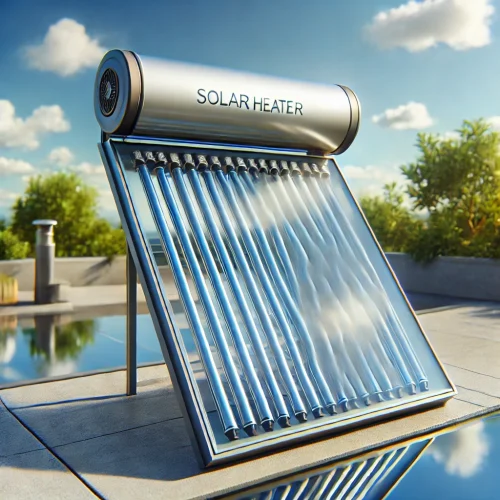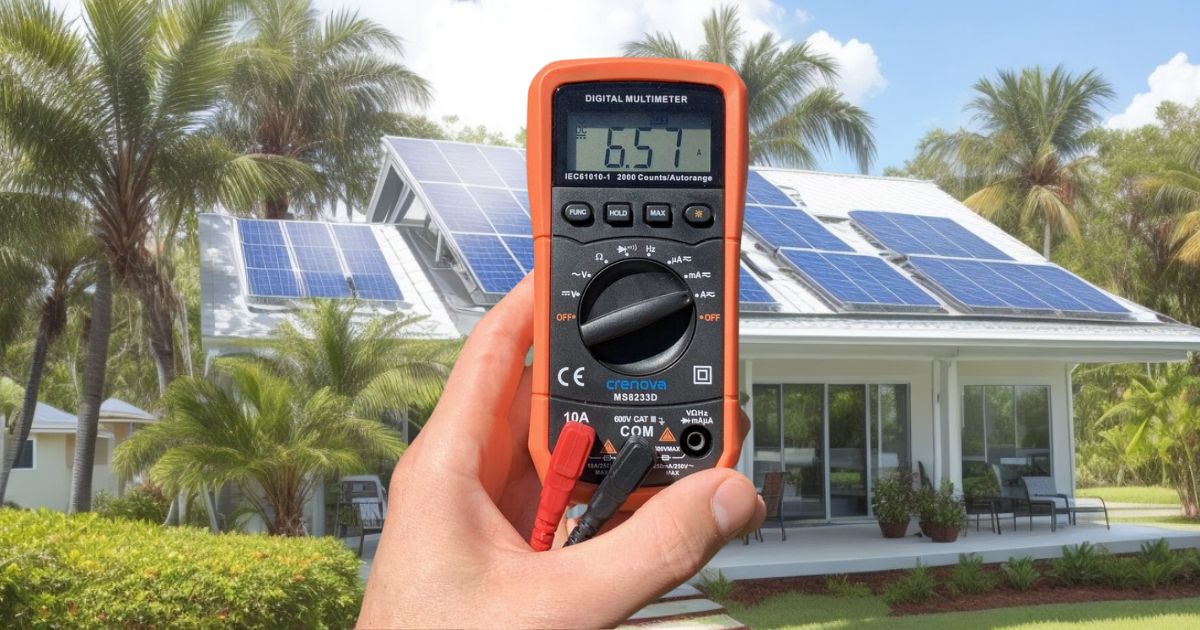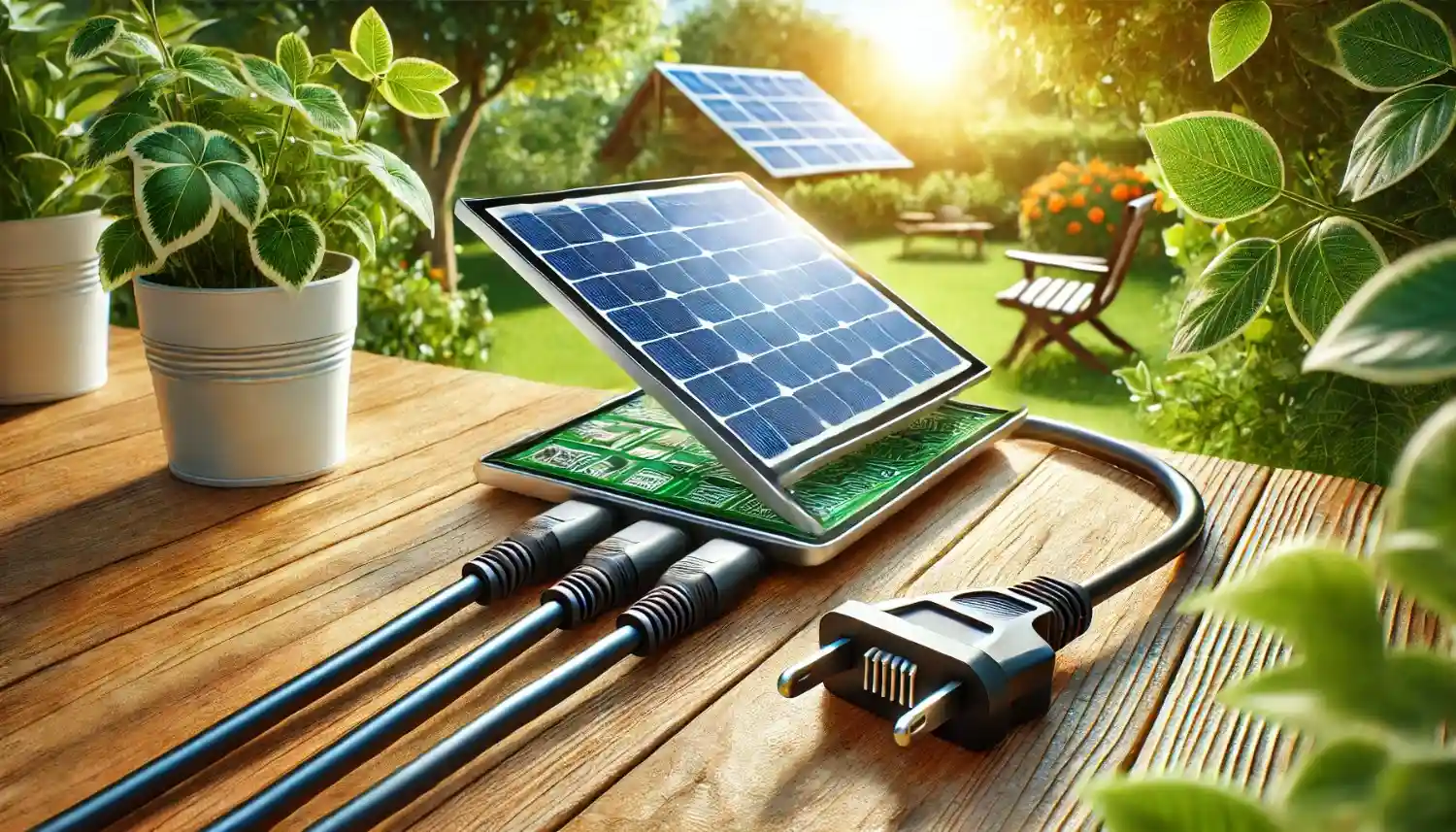The whole world is pulling towards renewable energy sources day by day. Solar energy stands out as a reliable and sustainable power source for homeowners as they reduce their carbon footprint and electricity costs. However, it is important to understand the cost implications and potential benefits of solar panel installation. Especially for homes of different sizes, such as a 1,500 square foot home, information is essential for decision making. In this blog, we will discuss in depth the specifics of how much do solar panels cost for a 1,500 square foot house. Explore the factors that affect the cost of solar panels and discuss the myriad benefits of using solar energy.

How much do solar panels cost and are they worth it?
Solar panels typically cost $15,000 to $25,000 for a 1,500 square foot home.
The cost of solar panels depends on a number of factors, including upfront costs, long-term savings on electricity bills, environmental impact, and potential incentives.
When evaluating the value of solar panels, it is crucial to consider not only the financial aspect but also the environmental benefits and energy independence they provide.
how much do solar panels cost for a 1,500 square foot house
Solar panel prices for a 1,500 square foot home vary based on several factors, including system size, panel quality, installation complexity, and geographic location.
On average, homeowners can expect to pay between $10,000 and $30,000 for a solar panel installation, with the national average falling between $15,000 and $25,000.
Factors such as roof orientation, shading, and available incentives can affect the overall cost of a solar panel installation for a 1,500 square foot home.


How many solar panels do I need for 1500 sq ft?
- In short, a 1500 square foot house typically needs 16 solar panels. Also, each solar panel should have a power rating of 400 watts to create a 6.6 KW power system.
- However, solar panels should be installed after calculating the amount of electricity consumption. You can view your past electricity bills to see how much electricity you have consumed.
- But considering the future, it is better to increase the power by a few watts. Because electric products can increase in future according to your demand.
How do I calculate how many solar panels I will need?
We need to create a baseline. Let’s find out how many solar panels you need. We will create 5 steps and learn about the steps
Step 1: Identify your electricity consumption
How much electricity is needed to run a 1500 square feet house?
To know how much electricity you will need for your 1500 square feet house, you need to know and calculate how much electricity you use. Which can be found in your last year’s utility bill(s).
Bills will give you an idea of how much you spend on electricity each year.
Let’s do a math,
Let’s say you have an annual electricity consumption of 15,000kwh or so. Then your daily electricity consumption is 40 kwh or less.
Step 2: Set an offset based on your power goal
You need to determine how much offset you want to use with your solar system. Typically, solar panel systems are designed to offset 100% of your electricity costs.
Be that as it may, depending on your energy and savings you should choose more or less solar system panels
Step 3: Determine sun exposure
Sunlight plays a huge role in sizing your system. Some parts of the United States average about 6 peaks of sunlight per day. Elsewhere the average is less than 4. We take 4.5 to factor its difference.
Step 4: Choose a solar panel power rating
The power rating of solar panels ranges from 200W to 450W. So 400W and 16 solar panels are needed to make a 6.44kW solar system.
So let’s see how to change that number with the power rating of the solar panel:
| Panel power rating | System size | Number of panels |
| 250W | 6.44 kw | 26 |
| 300W | 6.44 kw | 21 |
| 350W | 6.44 kw | 18 |
| 400W | 6.44 kw | 16 |
| 450W | 6.44 kw | 14 |
Now you have an idea of how many solar panels you might need. But be sure to consult a solar company or a qualified solar panel installer

Solar Panel Installation Cost
Solar panel installation costs include costs related to labor, materials, permits, and equipment.
Installation costs may vary slightly depending on factors such as roof complexity, accessibility and local labor rates.
Homeowners should obtain quotes from multiple reputable installers to ensure competitive pricing and quality workmanship, thereby maximizing the value of their investment.
How much will the whole installation cost me?
The total cost of solar panel installation depends on several factors, including system size, quality of materials, installation complexity, and available incentives.
It is imperative that homeowners conduct thorough research and obtain multiple quotes to accurately assess total installation costs and make an informed decision.
While the upfront cost of solar panel installation may seem significant, the long-term savings on electricity bills and potential incentives should make it a financially worthwhile investment.
Battery Storage Cost for Solar
Adding battery storage to a solar energy system, which uses batteries to store excess energy generated during the day for use by homeowners during times of peak demand or at night.
The cost of battery storage varies depending on factors such as capacity, brand, and installation requirements.
On average, homeowners can expect to invest between $5,000 and $15,000 for a battery storage installation. However, the added benefits of energy resilience and independence may justify the investment.

How many solar panels do you need?
The number of solar panels required for a 1,500 square foot home depends on factors such as energy consumption, roof space availability, and desired system size.
Homeowners can use online solar calculators or consult with solar professionals to determine the optimal number of panels for their specific needs.
Factors such as panel efficiency, orientation, and shading should also be considered when calculating the required number of solar panels.
The type of solar panel system you plan to run
- Grid-tied systems: These systems are connected to the utility grid and have energy savings such as homeowners selling excess energy to the grid, maximizing potential savings.
- Off-Grid Systems: These systems operate independently of the utility grid and require battery storage to store excess energy for use when sunlight is unavailable, providing energy resilience in remote areas.
- Hybrid systems: These systems combine elements of both grid-tied and off-grid systems, providing flexibility and reliability, especially in areas with intermittent grid access or unreliable power supply.

Do you have enough solar panels on your roof?
Evaluating roof space availability is crucial when considering solar panel installation.
To maximize solar panel performance and optimize energy production, homeowners must ensure that there is sufficient roof space free of shade from trees or buildings. If the building is not shadow-free then the roof of the building should be shadow-free.
If your building’s roof space is limited. Effective alternative planning may require consideration of ground-mounted solar panel systems or community solar options.
Set your goals for moving to solar panels
Consider your motivations for investing in solar energy, whether it’s to reduce electricity bills, achieve energy independence, or reduce your carbon footprint. and engaging oneself to create a toxic-free environment.
Define your goals and priorities to guide your decision-making process and ensure your solar energy system aligns with your objectives.
Contact reputable solar installers and solar energy professionals to design a custom solar solution tailored to your specific needs and goals.
Solar Panel Note
Investing in solar panels for a 1,500 square foot home is a significant but worthwhile decision that offers many benefits, including long-term cost savings, environmental sustainability, and energy independence. By understanding the factors that affect solar panel costs, exploring available incentives, and defining your goals, homeowners can make decisions that are consistent with their budget and sustainability objectives. As solar technology continues to evolve and become more accessible, the transition to solar power holds the promise of a cleaner, more sustainable future for generations to come.


